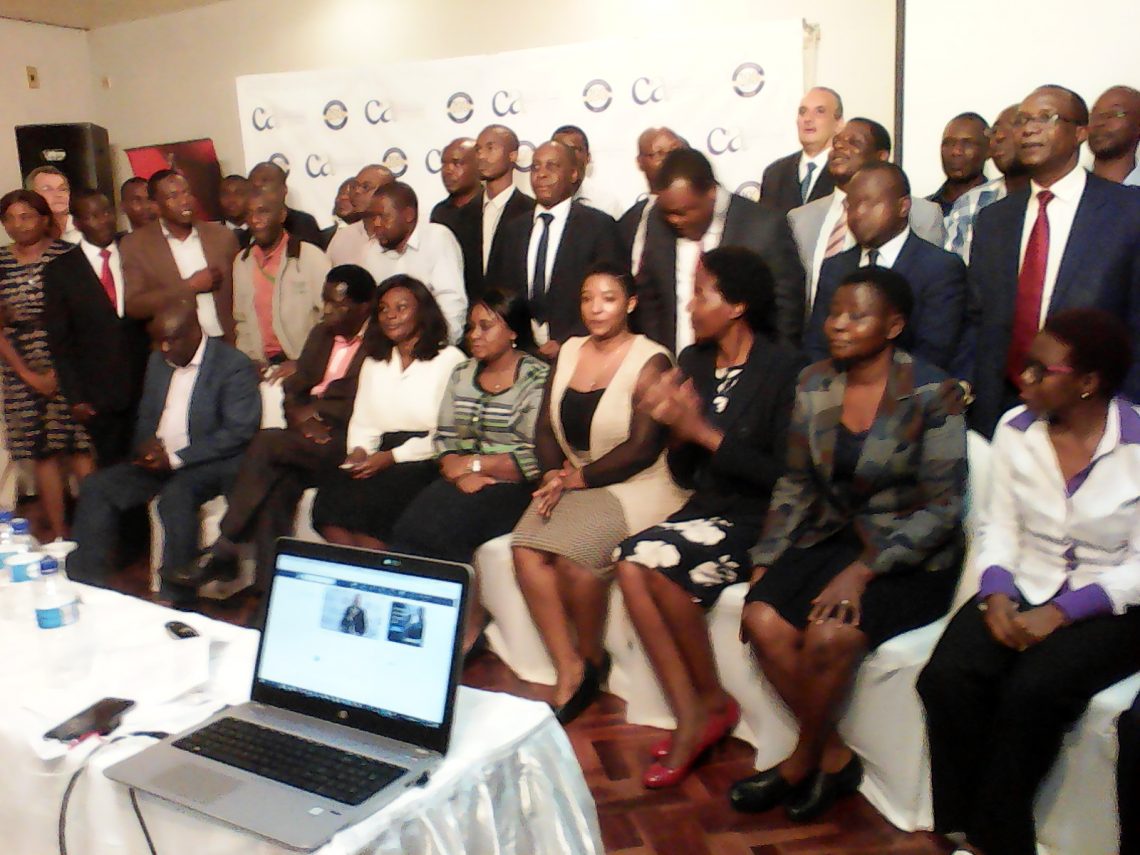By Joyce Mukucha
Land in Zimbabwe is viewed as the basis of wealth and its allocation and security determines the development of the country and quality to human life pace of development.
Given the opportunity that there is a huge commitment to resources by both government and international partners, there would be reimbursement for attained land in Zimbabwe.
In a way of ensuring that land rights and security of tenure are protected in the country, different industry members suggested that there was need to look at a menu of options that is good for Zimbabwe and its citizens in as far as land tenure and land policy in Zimbabwe is concerned.
Representatives from different industries have realised that land policies need to be put in place so as to unravel the full prospective of sustainable development in the country thereby attracticting potential investors.
The concerns which participants thought could improve sustainable development were raised during a National Consultative Dialogue workshop on Land Tenure and Land Policy in Zimbabwe which was held on the 15th of February 2018 in Harare and hosted by the Institute of Chartered Accountants of Zimbabwe.
Lucky Mlilo, representing the Professionals Business Association of Zimbabwe said land ownership and structure should be monitored and a system needed to be maintained as a way of supporting more secured land tenure system. He puts it that Zimbabwe can move forward recognising modern community and national development. Mlilo underscored that land is the Zimbabweans’ bright right, the economy of the country and heritage of the future generations.
Speaking at the same event, Darlington Duwa, the CEO for Timber Producers Federation suggested that there was need for revitalised land policies to attract investors to come and do business in the nation by advocating for as well as ensuring free-hold tenure systems.
He said forests are a legitimate land-use option so there was need to secure land tenure in the industry.
The Zimbabwe Institute of Regional and Urban Planners President Mr Phenias Dohwe indicated that there was need to grow an inclusive and vibrant economy that ensures the physical, social and economic development of the citizens.
“Land is the source of power as well as the factor of production therefore it needs to be secured so we need a policy, strategies and statues that realise all types and levels of land uses and land ownership. It is the basis for individual and global food security. There is also need for transition from local relevance for regional to international status,” said Duwa
Mr Paul Zakaria, the Zimbabwe Commercial Farmers Union Executive Director said his union was committed to the comprehensive recovery of Zimbabwe.
“Zimbabweans are no longer segregated by definitions that divide and exclude. In order to promote production in an environment where skills and consequent yields are sub-optimum, government has resorted to non-economical options such as the current high maize price, as an example, to boost production and food security. Regional price differentials also create the opportunity for arbitrage and corruption, further prejudicing the country,” he said.
He addedded that without agriculture, it is not possible to have a city, stock market, banks, university, church or army since it is the foundation of civilisation and any stable economy.
Other participants suggested that land helps to preserve some cultural practices. In some settings, customary tenure regimes are best, allowing flexibility and broad access. Multi-tenure system, they said, offers more flexibility and makes more sense in Zimbabwe.
A suggestion was raised that in as far as land tenure and development of the country were concerned, government should carry out land audits which are meant to resettle people in plantation areas aa well as compensating companies that could have lost their land.
The workshop was also attended by representatives of different industries which include: Chamber of Mines, Project Management Institute of Zimbabwe, Zimbabwe Commercial Farmers, and The Real Estate Institute of Zimbabwe among other industries.






